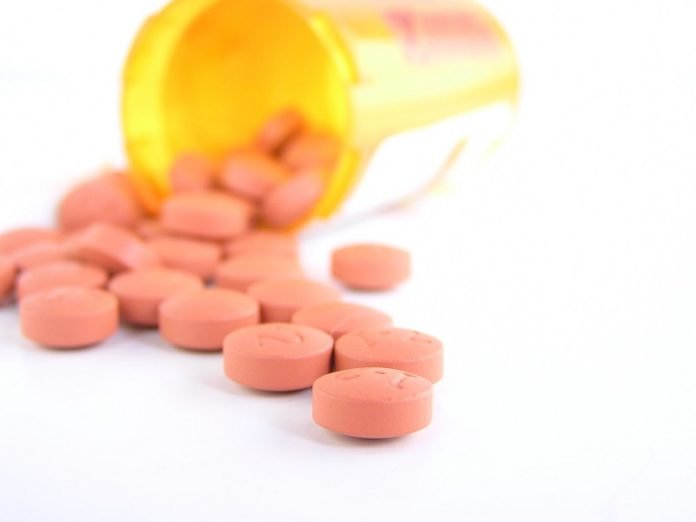
Science has long established a link between depression and cardiovascular disease, but the precise nature of the connection is less clear.
In a new study, scientists from the University of Texas at Arlington found the mechanism behind this link.
The research is published in the American Journal of Physiology-Heart and Circulatory Physiology and was conducted by Jody L. Greaney et al.
Compared to those without depression, adults with symptoms of depression have a 64% greater likelihood of developing coronary artery disease (CAD).
Similarly, people with CAD who are depressed have a 59% greater likelihood of experiencing an adverse event, such as a heart attack.
In the study, the team used salsalate, a type of non-steroidal anti-inflammatory (NSAID) to treat 13 young adults with, and 10 young adults without, major depressive disorder (MDD) for four days.
Before salsalate treatment, there were significant impairments in the small blood vessels’ ability to dilate—an index of microvascular health—in adults with MDD.
However, after treatment, the capacity of these small vessels to dilate looked more like that of the non-depressed participants.
In fact, the depressed adults who initially had the most severe impairment in the ability of the lining of their blood vessels to dilate showed the greatest magnitude of improvement following short-term salsalate treatment.
The team says these data provide the first direct evidence for a mechanistic role of vascular inflammation-associated blood vessel dysfunction in people with depression.
If you care about pain, please read studies about an effective way to reduce back pain, and her pain seemed muscular. It was actually a heart attack.
For more information about pain, please see recent studies about flowers that may advance the treatment of chronic pain, and results showing this pain reliever is linked to hip fracture in old people.
Copyright © 2022 Knowridge Science Report. All rights reserved.



